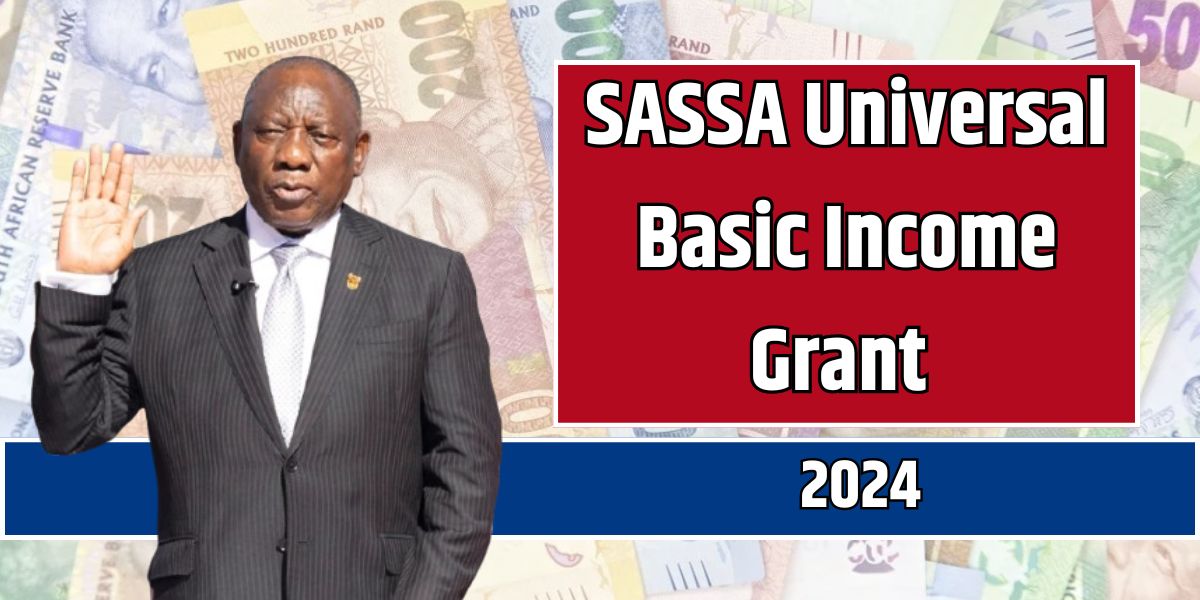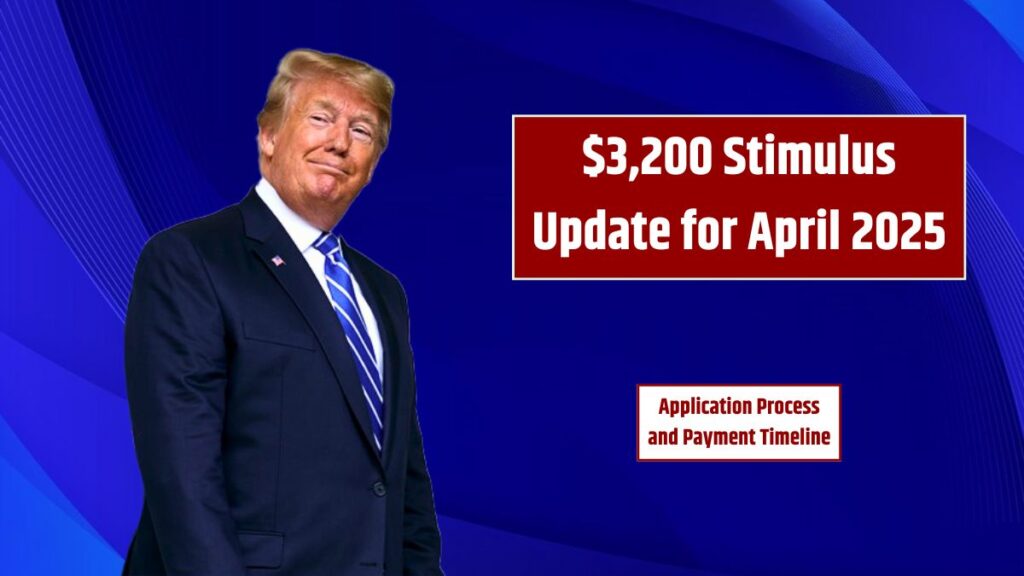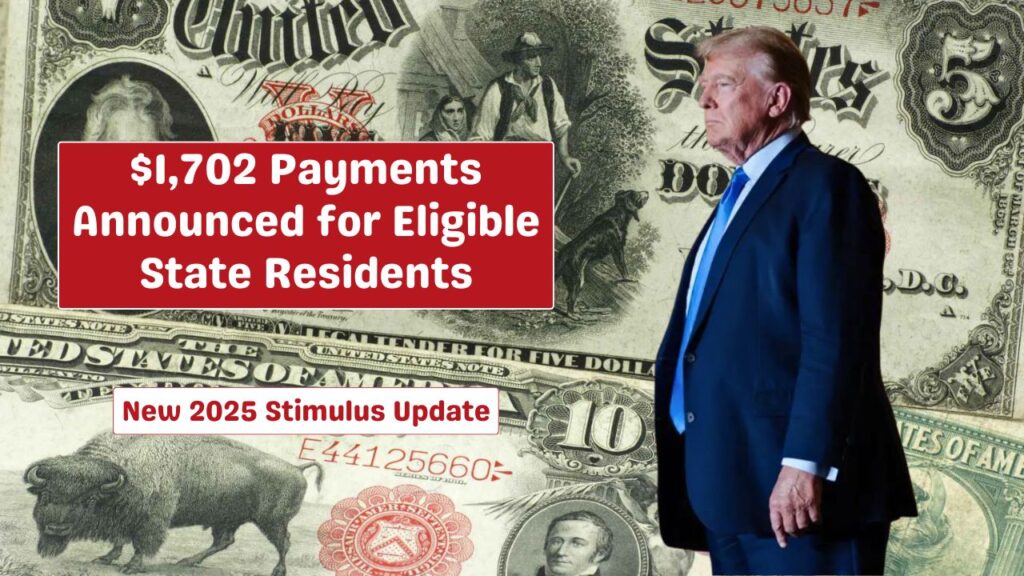South Africa is undergoing a historic political transformation following the African National Congress (ANC) losing its majority in the general elections on May 29, 2024. The nation now faces a pivotal period of coalition negotiations, with major parties, including the ANC and the Democratic Alliance (DA), focusing on policies that prioritize income support for vulnerable populations. A key element of these discussions is the proposal to transition the current Social Relief of Distress (SRD) grant into a Universal Basic Income (UBI) system. If implemented, South Africa would become the first country to offer a UBI to all adults aged 18 to 59, regardless of employment status.
The Shift Towards Universal Basic Income (UBI)
The ANC announced its ambitious UBI plan just before the elections, proposing to transform the COVID-19 relief grant into a universal system within two years if it leads the government. This move aligns with global calls to address inequality and ensure financial security for all, particularly in the wake of automation and pandemic-induced economic challenges.
Why UBI Matters
- Broader Inclusion: Unlike the SRD grant, UBI would not require means-testing, ensuring no one falls through the cracks due to bureaucratic errors or outdated eligibility criteria.
- Poverty Reduction: Providing a guaranteed income supports basic needs, especially in a country where millions live below the food poverty line.
- Economic Stimulus: Regular payments boost consumer spending, fueling economic growth and creating jobs.
Current Challenges with the SRD Grant

While the SRD grant has provided critical support to unemployed adults, several issues hinder its effectiveness:
1. Insufficient Payments
The SRD grant amount is well below the food poverty line, meeting only half of the necessary requirements for basic nutrition.
2. Access Barriers
The digital application and automated means-testing processes often exclude eligible individuals, particularly those without internet access or smartphones.
3. Intermittent Distribution
Not all eligible individuals receive payments consistently due to application errors, delays, or administrative inefficiencies.
4. Public Criticism and Legal Challenges
Organizations like the Institute for Economic Justice (IEJ) and the #PayTheGrants campaign highlight these flaws, with legal actions demanding a more inclusive and transparent system.
Learning from International Case Studies
The potential benefits of UBI are evident in global experiments:
Kenya
A trial by GiveDirectly demonstrated that UBI recipients improved their lives by saving for essential purchases, enhancing their diets, and starting small businesses.
Spain
During the pandemic, Spain introduced anti-poverty payments of €1,015 per month, which significantly improved financial stability for 850,000 households.
United States
The CARES Act provided $1,200 to individuals earning less than $99,000, cushioning the economic blow during the pandemic and increasing consumer spending.
United Kingdom
Temporary increases in universal credit payments during the pandemic reduced extreme poverty. However, rolling back these benefits led to a surge in destitution, as highlighted by a study from the National Institute of Economic and Social Research.
South Africa’s Unique Context
South Africa has maintained its COVID-19 relief grants despite global trends toward austerity measures post-pandemic. However, there are critical differences in the country’s approach:
Persistent Need for Support
The temporary cessation of the SRD grants in April 2021 led to widespread riots, highlighting the population’s reliance on these payments. Their reinstatement in August 2021 reflected the urgency of continued financial aid.
Systemic Issues
The SRD grant system is criticized for insufficient payouts and excluding millions due to flawed eligibility assessments. These gaps have prompted growing support for a universal system that eliminates such barriers.
Economic and Social Impacts of UBI
Boosting Economic Activity
According to the IEJ, 93% of SRD grant recipients use their funds for food, underscoring the importance of direct payments in addressing immediate needs. Expanding this to UBI could stimulate spending across sectors, fostering broader economic recovery.
Reducing Inequality
With a significant portion of South Africa’s population unemployed or underemployed, UBI could serve as a tool for redistributing wealth and reducing disparities exacerbated by systemic unemployment.
Empowering Communities
Providing unconditional income can empower individuals to invest in education, health, and small businesses, creating opportunities for long-term growth.
Challenges Ahead for UBI Implementation
While UBI presents significant benefits, there are hurdles to overcome:
- Budgetary Constraints: Financing a UBI system would require substantial public funds, raising questions about sustainability.
- Political Opposition: Coalition dynamics and competing priorities among political parties may delay implementation.
- Public Buy-In: While many South Africans support the idea of UBI, skepticism about government efficiency in rolling out large-scale programs remains a concern.
What’s Next?
As coalition negotiations unfold, South Africa’s political leaders must address the logistical and financial challenges of transitioning from SRD grants to a UBI system. Whether the ANC or a coalition government leads, prioritizing income support policies will be critical to reducing poverty and fostering economic resilience.
Frequently Asked Questions
What is a Universal Basic Income (UBI)?
UBI is a system where all individuals receive regular, unconditional payments from the government, regardless of employment status or income.
How is UBI different from the SRD grant?
The SRD grant is means-tested and temporary, while UBI would provide guaranteed payments to all adults, eliminating eligibility barriers.
Why is South Africa considering UBI?
UBI addresses systemic poverty, boosts economic activity, and reduces inequality. The ANC sees it as a progressive solution to the country’s social and economic challenges.
How will UBI be funded?
While details remain unclear, options include reallocating existing social spending, increasing taxes, or borrowing.
When could UBI be implemented in South Africa?
If approved, the ANC aims to introduce UBI within two years.

















